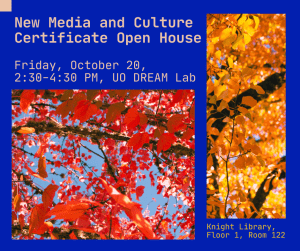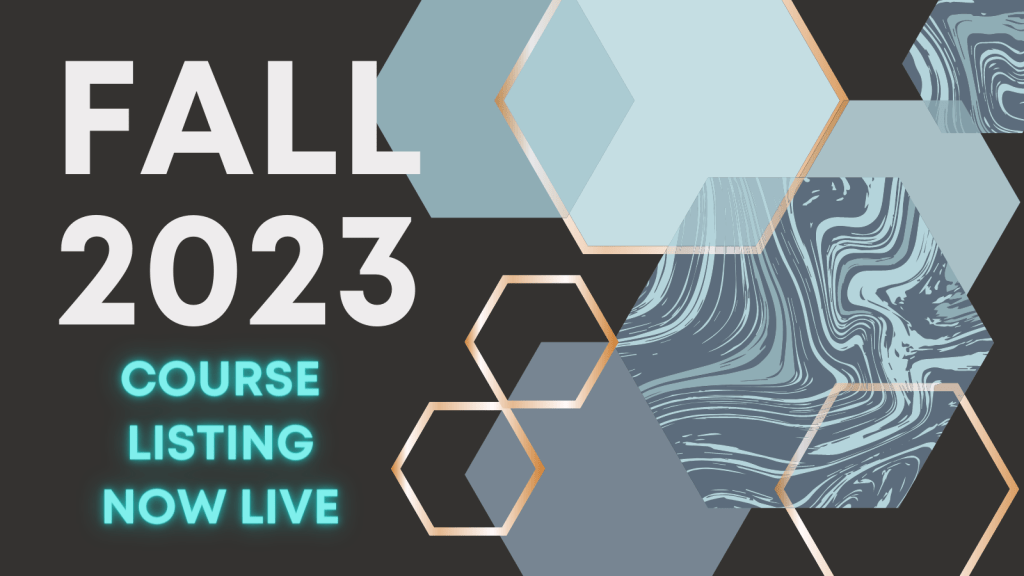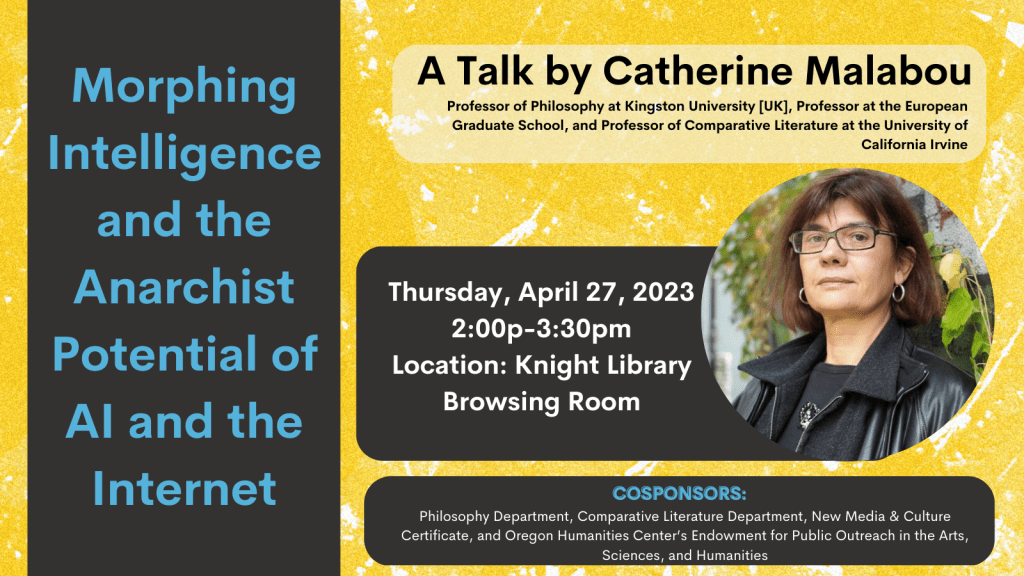The University of Virginia Press seeks to hire an Editorial and Technical Specialist within our Rotunda division (http://www.upress.virginia.edu/rotunda/), which digitally publishes peer-reviewed scholarly works. The successful candidate will be working primarily on our American History collections : (https://www.upress.virginia.edu/rotunda/#ahc) and other Rotunda publications as needed. This full-time staff position reports to the Director of Digital Publishing.
The Rotunda Digital Imprint, founded in 2001, publishes peer-reviewed digital projects, both born-digital and from authoritative letterpress editions. Our collections span three centuries, from George Washington to Richard Nixon, comprising over 300,000 documents, diary entries, editorial essays, audio recordings and transcriptions. In addition, we publish seven scholarly editions of works of literature, a biographical database of the Founding Era, and an open-access encyclopedia of American Architecture. The new Editorial and Technical Specialist will be an integral part of the Rotunda team and play an essential role in maintaining the quality and stability of these collections as we make large upgrades to our Rotunda back-end infrastructure and front-end user interfaces.
The successful candidate will have a solid background in digital humanities and/or digital library skills and projects. Experience with XML and XML editing is a requirement, and ideally with related programming technologies such as XSLT and XQuery. Other relevant skills would include general Web development and programming (HTML/CSS, JavaScript), familiarity with working in Mac OS and command-line tools, version-control systems (Git or Subversion) and experience or interest with metadata standards and controlled vocabularies. A background in traditional documentary editing would be a plus.
This position may have the ability to be remote in exceptional circumstances. Salary Range- $50,000-$60,000
Responsibilities will include:
- Administer the workflow for adding new publications and new content to the Rotunda American History Collection, including:
- Creation of XML templates and metadata for letterpress volumes
- Receive and verify content returned by XML conversion vendor or project editors
- For new letterpress content or born-digital content delivered as XML, convert to Rotunda format
- Perform quality assurance, formatting and proofreading of the digital editions, and addition of links and metadata
- Prepare scans of page images and/or PDF volumes for web display; edit graphics for web display
- Help prepare Rotunda metadata for normalization and reconciliation to controlled vocabularies for linked data sharing
- Organize and/or facilitate user interviews for UX review of AHC publications
- Serve as the contact person for queries sent to Founders Online (https://founders.archives.gov), communicating with editors as necessary
- Coordinate with Rotunda advisory committee members for scheduling quarterly meetings
- Engage with other DH and Digital Editing departments within the University and beyond, attending events, lectures and formal collaborations
- Collaborate with the Rotunda team and the Press on new ideas and opportunities
- Incumbents who have or can acquire solid skills in web development will also participate in extending the functionality and features of our Rotunda publications
MINIMUM REQUIREMENTS
Education: Bachelor’s degree
Experience: At least one year of directly relevant work experience. May be considered in lieu of a degree.
Licensure: None
Desired Qualifications:
- Strong skills in working with XML documents, schemas and namespaces
- Strong skills in transforming XML documents using XSLT and XPath
- Basic knowledge of HTML and CSS (for minor edits)
- Comfort and familiarity with Mac OS and/or Linux
- Comfort with using command-line tools and version-control systems (Git, Subversion)
- Willingness to learn new skills and technologies
- Experience and/or interest in User Experience Design for web interfaces
- Experience and/or interest in Linked Data, data modeling, or ontologies
- Experience and/or interest in documentary editing, publishing and digital humanities
Desired Education and Experience:
M.A. with 2 years of practical experience in digital humanities desired.
ABOUT THE PRESS: The University of Virginia Press was founded in 1963 to advance the intellectual interests not only of the University of Virginia, but of institutions of higher learning throughout the state. A member of the Association of University Presses, UVAP currently publishes seventy to eighty new titles annually and operates a successful digital imprint, Rotunda. UVAP is located in beautiful Charlottesville, Virginia, a historic and diverse intellectual and entrepreneurial community near the Blue Ridge Mountains with exceptional music, arts, food, sports, and other cultural resources.
We are currently following a hybrid work schedule requiring attendance two days per week in the Charlottesville office.
This position will remain open till it is filled. Review of applications will begin on Nov 27th, 2023 with an anticipated start date of on, or before, Jan 15th, 2024. This is an Exempt level, benefited position. Salary is commensurate with education and experience. Relocation funds are available. The University will perform background checks on all new hires prior to employment. For questions about the position or the application process, please contact Bill Crane, Academic Recruiter at xer5ff@virginia.edu
How to Apply:
Applications that do not contain all of the required documents will not receive full consideration; please note that multiple documents can be uploaded in the box.
Process for External Applicants: Please apply through Workday, and search for R0054553. Complete an application online and attach a cover letter, CV/resume
Process for Internal UVA Applicants: Please apply through your Workday Home page, search “Find Jobs,” and search for R0054553. Complete an application online and attach a cover letter.
The University of Virginia, including the UVA Health System which represents the UVA Medical Center, Schools of Medicine and Nursing, UVA Physician’s Group and the Claude Moore Health Sciences Library, are fundamentally committed to the diversity of our faculty and staff. We believe diversity is excellence expressing itself through every person’s perspectives and lived experiences. We are equal opportunity and affirmative action employers. All qualified applicants will receive consideration for employment without regard to age, color, disability, gender identity or expression, marital status, national or ethnic origin, political affiliation, race, religion, sex (including pregnancy), sexual orientation, veteran status, and family medical or genetic information.







